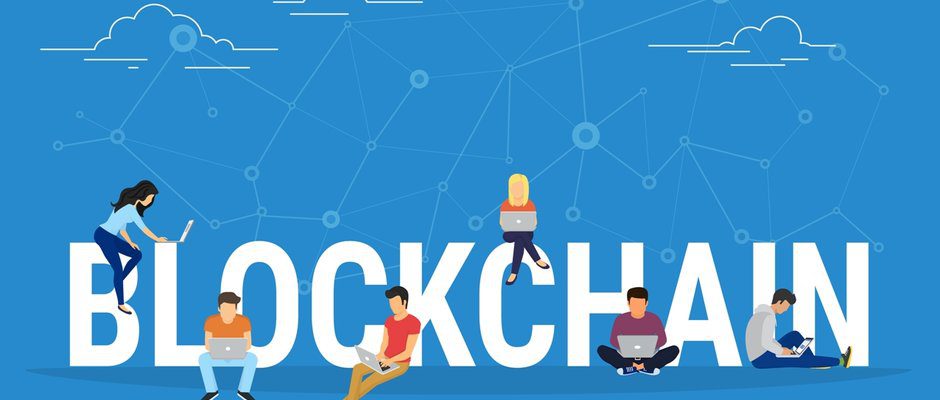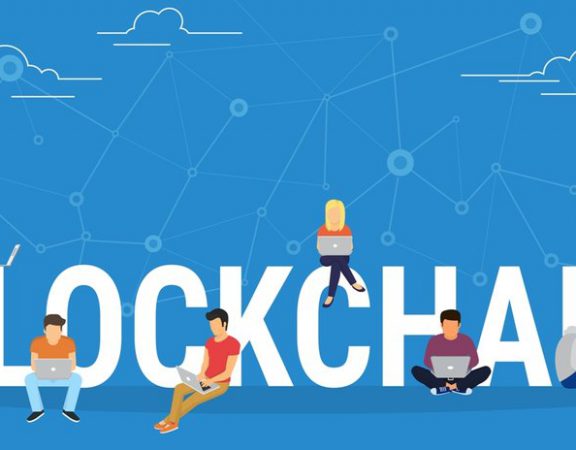

Why blockchain is future of shared economy?
These days, the sharing economy feels a bit past its prime. “The ‘Sharing Economy’ is Dead,” Fast Company declared two years ago, summarizing a general sense of fatigue with what now feels like a wildly overhyped idea. But, according to many, the fusion of blockchain and the sharing economy may create a revolution that will transform our economy and share the wealth beyond certain companies and individuals.

The sharing economy has the potential to bring about renewed trust in the advantages of globalisation, and to speed up economic development worldwide. For the time being it’s also missing an infrastructure that builds trust and which does not rely on a centralised system. Blockchain, supporting distributed ledger technology (DLT), could grow into that infrastructure, and thus enable fast and trusted exchanges in a decentralised network. Businesses and governments alike are currently investigating the potential of blockchain. It will be critical that they maintain a holistic view of the risks and opportunities that DLT technology holds beyond their specific industry, supply chain or regulatory focus.
Smart contracts help to unbundle ownership
Blockchain can help energize and unlock the sharing economy by making it cheaper to create and operate an online platform. For example, transactions could be coordinated by self-executing smart contracts or performed at lower cost by other small competing providers.
Basically, blockchain is a different way of keeping track of a normative set of information, instead of storing the information in one central location. Blockchain makes multiple copies and distributes them across all the nodes of a network. These nodes don’t have to be people, they can be things.
This is what makes blockchain a potentially powerful accelerant of the sharing economy as it gives a property the ability to know who its owner is.


